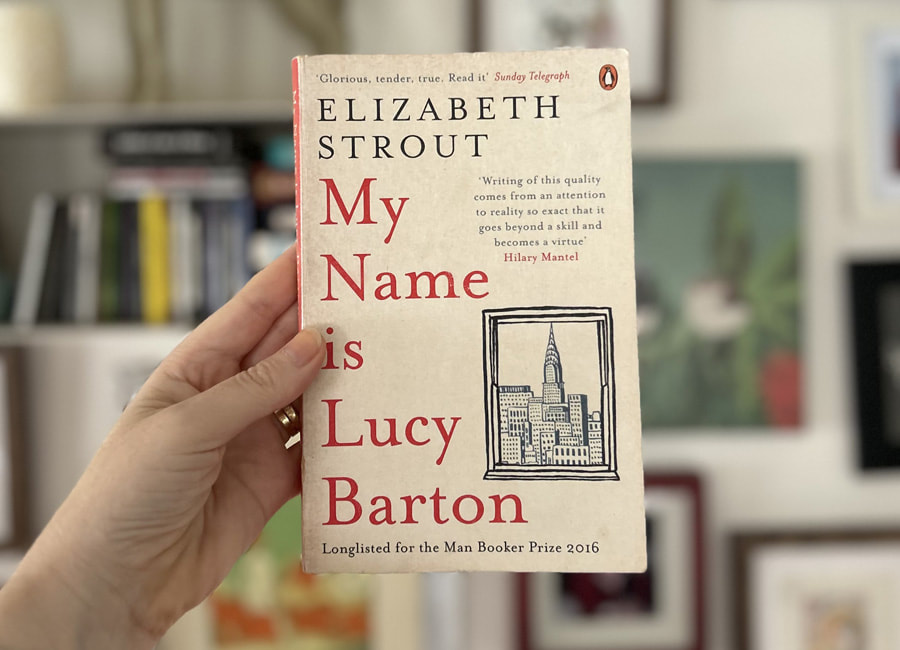|
What an intriguing little novel (even though I am eight years late to the party).
Despite the simplicity of the plot, 'My Name is Lucy Barton' — narrated by the titular character, a New York-based writer — gets right under your skin. How wildly my feelings towards Lucy swung throughout, from heartfelt sympathy to frustrated annoyance, as she reckons with the legacy of her troubled early life. The story centres around Lucy’s recollections of a time when she spent nine miserable weeks in hospital for a mystery illness that emerged after she had her appendix out. As she feverishly waited for her recovery, desperately missing her two little daughters at home, she was surprised by a bedside visit from her mother to whom she hadn’t spoken in years. As the two women chat, haltingly, over the next few days, there’s a glimmer of reconnection through their shared stories, her mother’s presence bringing Lucy both a sense of comfort and of threat. The hometown talk causes Lucy to reflect on her childhood, which is slowly revealed to have been steeped in abject poverty, abuse and social isolation. “Loneliness was the first flavour I had tasted in my life,” she writes, “and it was always there, hidden in the crevices of my mouth, reminding me.” Through her mosaic of recollections — which are devoid of sentimentality making them all the more powerful — we learn of Lucy’s escape from her scarred upbringing, her social discomfort, her seizure of human connections, and the new life she has forged as a writer, wife and mother. It also explores the issue of poverty in a gracefully subtle way. It’s easy to see why this fast became a bestseller for acclaimed American author Elizabeth Strout, and why she’s picked up Lucy’s story in three subsequent novels, in between her other hits-turned-screenplays including Olive Ketteridge. Comments are closed.
|
Categories
All
Archives
May 2024
|

